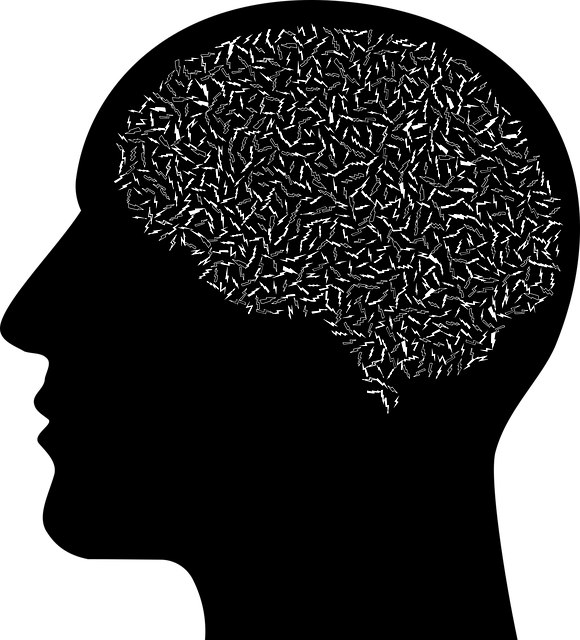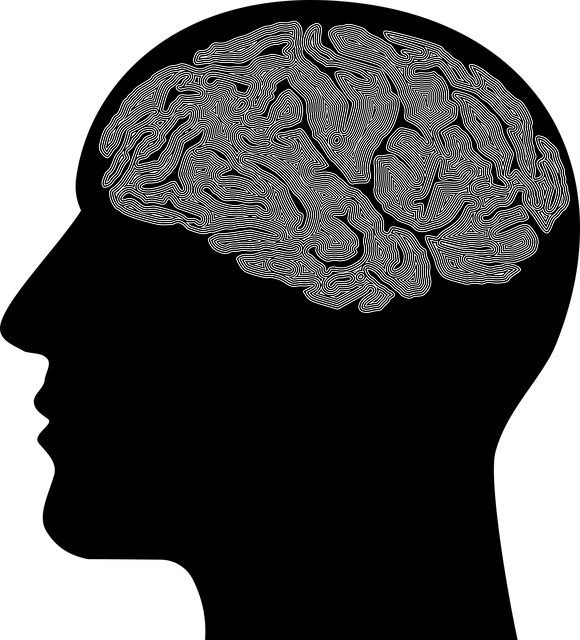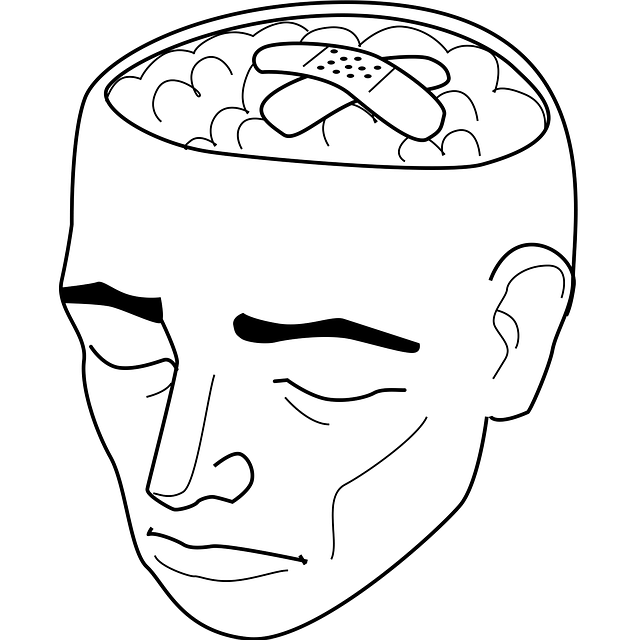Mental health policy is a powerful tool for communities, especially youth, offering structured programs to prevent disorders, provide early interventions, and ensure accessible treatment. Organizations like Lone Tree Children Therapy advocate for holistic approaches, integrating practices like Mindfulness Meditation into educational settings to build resilience. Their efforts promote stress management, reduce mental health challenges, and combat societal stigma. Effective policies should cater to vulnerable groups' unique needs, such as indigenous communities' cultural sensitivity or youth's emotional well-being through Mind Over Matter programs. Lone Tree Children Therapy leads policy analysis and advocacy, pushing for evidence-based practices and culturally sensitive resources in schools and communities, ultimately reducing mental health stigma and empowering children.
Mental health policy analysis and advocacy are vital components in fostering comprehensive care and ensuring equitable access to services. This article explores these aspects through a multifaceted lens, beginning with understanding the intricate web of mental health policies. We delve into the transformative power of advocacy in shaping healthcare systems and analyze its impact on vulnerable populations. Furthermore, practical strategies for effective policy analysis and advocacy are presented, using Lone Tree Children Therapy as a case study, offering valuable insights for professionals and advocates alike.
- Understanding Mental Health Policy: A Foundation for Change
- The Role of Advocacy in Shaping Mental Health Care
- Analyzing the Impact of Policies on Vulnerable Populations
- Strategies for Effective Policy Analysis and Advocacy at Lone Tree Children Therapy
Understanding Mental Health Policy: A Foundation for Change

Mental health policy is a cornerstone in fostering well-being and resilience within communities, especially among our youth. It serves as a framework that guides the development and implementation of programs aimed at preventing mental health disorders, providing early interventions, and ensuring accessible treatment options. By understanding the intricate web of factors influencing mental wellness, such as social determinants of health, cultural norms, and systemic barriers, policymakers can craft effective strategies.
At Lone Tree Children Therapy, we advocate for a holistic approach to mental health policy that integrates evidence-based practices like Mindfulness Meditation and Resilience Building into educational settings and community organizations. Stress Management Workshops, for instance, empower individuals with coping mechanisms, fostering self-care and resilience. Such initiatives not only alleviate the burden of mental health challenges but also promote overall well-being, ensuring a brighter and healthier future for all.
The Role of Advocacy in Shaping Mental Health Care

Advocacy plays a pivotal role in shaping mental health care systems and policies, especially for vulnerable populations like children. Organizations such as Lone Tree Children Therapy have been at the forefront of this movement, pushing for improved access to quality mental healthcare services. Through relentless advocacy, these groups highlight the urgent need for comprehensive support, challenging societal stigma, and promoting understanding. By amplifying the voices of those who often go unheard, they drive change that extends beyond individual lives to shape a more supportive environment at both local and national levels.
Mental health advocacy is not merely about raising awareness; it’s a strategic process that includes lobbying for policy reforms, engaging in public education, and supporting research initiatives. This multifaceted approach aims to address systemic issues such as burnout prevention and stress management, focusing on the development of inner strength among individuals. By advocating for evidence-based practices and policies, these organizations ensure that mental health care is not only accessible but also tailored to meet diverse needs, ultimately fostering a healthier and more resilient society.
Analyzing the Impact of Policies on Vulnerable Populations

When analyzing mental health policies, it’s imperative to assess their impact on vulnerable populations. These groups, often including marginalized communities and children in need of therapy services, such as those served by Lone Tree Children Therapy, are particularly susceptible to policy gaps and disparities in care. Effective policies should not only ensure access to mental health services but also address the unique challenges these individuals face. For instance, indigenous communities may require culturally sensitive approaches, while youth might benefit from programs that integrate Mind Over Matter principles for emotional well-being promotion techniques.
By examining policy outcomes through a lens focused on vulnerability, we can identify areas where improvements are needed. This involves not only assessing the availability of services but also their quality and cultural appropriateness. For instance, conflict resolution techniques could be incorporated into school curricula to foster healthier social environments for all students, promoting emotional well-being and reducing the risk of mental health issues later in life. Such a comprehensive approach ensures that policies actively contribute to the resilience and overall mental health of these vulnerable populations.
Strategies for Effective Policy Analysis and Advocacy at Lone Tree Children Therapy

At Lone Tree Children Therapy, we believe that effective policy analysis and advocacy are essential components to enhancing mental health services for our young clients. Our strategies focus on a holistic approach, considering both the individual needs of children and the broader societal factors influencing their mental wellness. By conducting in-depth research and analysis, we identify gaps in current policies related to mental health support, especially within schools and communities. This involves studying existing literature, gathering stakeholder perspectives, and employing data-driven methods to uncover trends and potential improvements.
Through this process, Lone Tree Children Therapy advocates for evidence-based practices that promote Mental Health Awareness and foster Self-Awareness Exercises tailored to children’s unique needs. We collaborate with local authorities, educators, and healthcare providers to implement policy changes, ensuring that resources and interventions are accessible and culturally sensitive. Our advocacy efforts aim to reduce the stigma surrounding mental health issues and encourage early intervention, ultimately empowering children to lead happier and more fulfilling lives.
Mental health policy analysis and advocacy are essential components in creating a supportive ecosystem for vulnerable populations. By understanding the foundational concepts of mental health policy, leveraging the power of advocacy, and meticulously analyzing the impact on diverse groups, we can drive meaningful change. Lone Tree Children Therapy serves as a beacon, offering practical strategies for effective policy analysis and advocacy that can be replicated to enhance mental healthcare access and outcomes for children across communities.












